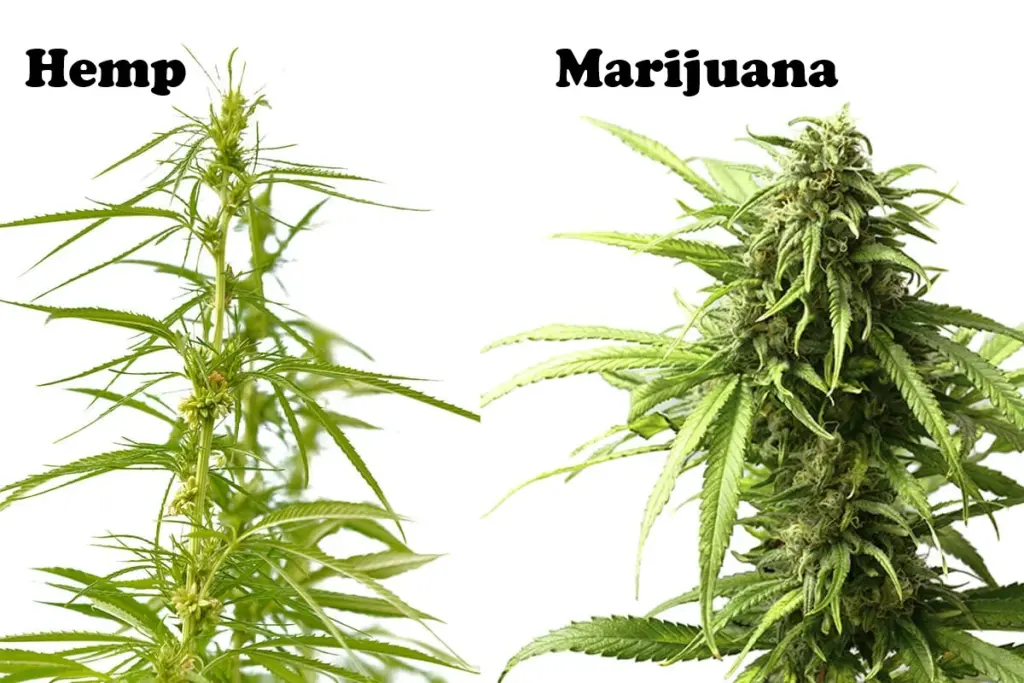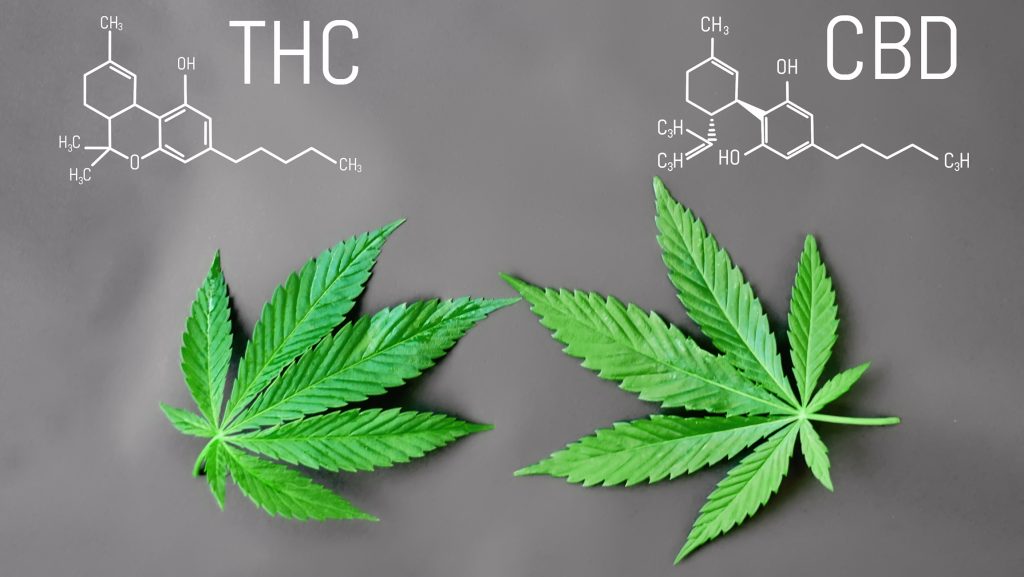The cannabis debate has been gaining traction across Europe, especially in Spain, where the conversation about hemp, marijuana, CBD, and THC is evolving. Whether you’re a patient seeking relief, a consumer interested in wellness products, or someone simply navigating the legalities of cannabis in Madrid, understanding the nuances between hemp and marijuana—and their legal standing—can be overwhelming. This article dives deep into the differences between hemp and marijuana, the medicinal uses of CBD, and how the cannabis industry is regulated, particularly in Madrid and broader Spain.
Hemp and Marijuana: What’s the Difference?
At its core, both hemp and marijuana come from the Cannabis sativa plant. However, the two have distinct characteristics in terms of their chemical makeup, cultivation, and uses. The key difference lies in the levels of THC (tetrahydrocannabinol) and CBD (cannabidiol).
-
Hemp: Often referred to as “industrial hemp,” this variety of cannabis is grown primarily for its fibers, seeds, and other agricultural uses. Hemp contains less than 0.3% THC by dry weight, which means it doesn’t produce the psychoactive effects associated with marijuana. Hemp is legal for agricultural use across the European Union, and it’s widely used in textiles, paper, biocomposites, and even health products.
-
Marijuana: Unlike hemp, marijuana varieties have higher THC levels (typically above 0.3%), which give the plant its psychoactive properties. Marijuana is primarily cultivated for recreational or medicinal use, and it can be consumed through smoking, edibles, or oils. In countries like Spain, where cannabis regulation is still evolving, marijuana’s legal status is often a gray area.

The Role of CBD: Medicinal Uses and Benefits
While THC often grabs the spotlight, CBD, a non-psychoactive compound found in both hemp and marijuana, is increasingly recognized for its therapeutic benefits. CBD interacts with the body’s endocannabinoid system, helping to regulate various bodily functions, including mood, appetite, and pain. The popularity of CBD products—such as oils, tinctures, creams, and capsules—has skyrocketed in recent years, thanks to its wide array of potential health benefits.
Medicinal Uses of CBD
Research on CBD’s medicinal properties has shown promising results in treating conditions such as:
-
Epilepsy: The most well-known medicinal use of CBD is in the treatment of epilepsy. In fact, the first FDA-approved CBD medication, Epidiolex, is used to treat two rare forms of epilepsy, Dravet syndrome and Lennox-Gastaut syndrome.
-
Anxiety and Stress: CBD has been shown to have anxiolytic (anxiety-reducing) properties, which is why it is often used in wellness products designed to manage stress, anxiety, and depression.
-
Chronic Pain: CBD is increasingly used to treat chronic pain, particularly for conditions like arthritis and multiple sclerosis, as it can help reduce inflammation and pain sensitivity.
-
Sleep Disorders: Many people use CBD for its potential to improve sleep quality. Its calming effects can help people who struggle with insomnia or other sleep-related issues.
Despite these promising uses, it’s important to note that the regulation of CBD products remains a subject of much debate, especially in Spain, where the Cannabis Club Madrid and other organizations continue to advocate for clearer guidelines.
Cannabis Regulation in Spain: A Shift Toward Medicinal Use
Spain has made significant strides in cannabis regulation over the past few years. In particular, the growth of Cannabis Clubs in Madrid and other regions of Spain reflects the country’s shift toward a more progressive stance on cannabis consumption.
Cannabis Clubs Madrid: A New Model for Cannabis Consumption
Cannabis clubs in Madrid operate in a unique regulatory framework. These private, non-commercial establishments allow registered members to cultivate and consume cannabis within a controlled environment. While cannabis remains illegal for recreational use in Spain, cannabis clubs have managed to find a legal loophole. As long as the clubs operate under strict regulations—ensuring that cannabis is not sold or trafficked—they can exist and provide members with access to marijuana.
This system allows members to cultivate their own cannabis plants or receive cannabis from the club’s collective harvest. The concept of a cannabis club offers a more responsible and regulated approach to cannabis use, compared to the uncontrolled black market.
However, CBD products are a different story. As of now, Spain does not allow CBD oils to be sold as food supplements unless they are pharmaceutical-grade products. This has caused some confusion among consumers who expect CBD to be more widely available.
The Legal Landscape for CBD in Spain
When it comes to CBD in Spain, the situation is evolving but still filled with uncertainty.
-
Medicinal CBD: The Spanish Agency for Medicines and Health Products (AEMPS) has authorized medications that combine CBD and THC for treating conditions such as epilepsy and spasticity in multiple sclerosis. These medications are available by prescription and are closely regulated for safety and efficacy.
-
CBD as a Wellness Product: Despite its medicinal applications, the sale of CBD oil or other products as food supplements remains illegal, unless they are part of an approved pharmaceutical product. This has created a grey market in Spain, with many companies marketing CBD products as cosmetics or topical solutions.
-
Novel Food Regulations: In line with European Union laws, any CBD product intended for oral consumption needs to undergo a novel food dossier process, which includes extensive safety data. Until these dossiers are finalized, the sale of CBD as an oral supplement is likely to remain under scrutiny.

The Future of Cannabis Regulation in Spain: 2025 and Beyond
Looking ahead to 2025, Spain’s cannabis landscape will likely continue to evolve, with a growing focus on medicinal use and better regulation. Several factors are shaping the future of cannabis in Spain:
Royal Decree on Medicinal Cannabis
The Spanish government is set to implement a Royal Decree to better regulate medicinal cannabis. This decree will define approved cannabis extracts, specify prescribed indications, and ensure controlled dispensing. With this, Spain is transitioning from a country where medicinal cannabis was mostly inaccessible to one where patients can access standardized, regulated cannabis-based medicines. However, real access will depend on factors like funding, medical training, and the availability of quality products.
CBD Market Growth
While CBD is still a grey area in Spain, the market for cosmetics and topicals is likely to grow. The demand for CBD creams, balms, and lotions is on the rise, and with proper regulation, these products may become more widely accepted. The Cannabis Clubs may also play a role in educating consumers and creating demand for more transparent, regulated CBD products.
Hemp Cultivation and Industry Development
The EU’s recent decision to increase the THC threshold for hemp cultivation from 0.2% to 0.3% provides more opportunities for farmers. In Spain, the use of dual cultivars—those that produce both fiber and flowers—could expand, creating new markets for hemp-based products like biocomposites, food, and textiles. This shift will reduce the focus on THC content, enabling more diverse and sustainable hemp farming practices.
Conclusion: The Road Ahead for Cannabis in Madrid and Spain
Cannabis regulation in Spain, particularly in Madrid, is at a pivotal moment. While Cannabis Clubs offer a unique model for responsible marijuana use, the legal framework for CBD is still evolving. As we move toward 2025, Spain will likely see a more robust regulatory structure for medicinal cannabis, with standardized extracts and improved patient access. The CBD market will continue to expand, particularly in the realms of cosmetics and topicals, though edible CBD remains a complicated issue.
For now, it’s crucial for consumers, patients, and industry professionals to stay informed about the evolving legal landscape and prioritize transparency, safety, and education. As cannabis regulation in Spain progresses, it’s clear that quality control and clear guidelines will be the keys to a successful and sustainable cannabis industry.
